Claire Randall might refer to herself as English, but for Jamie Fraser, she was a Sassenach. Initially, because that's precisely what she was, but later as a pet name uttered in love, which also happened to describe her nationality.
But Jamie might just as easily have referred to Edinburgh born lawyer Ned Gowan in the same way. Though perhaps not exactly with the endearment so completely etched in.
Centuries after the Saxons came and England was consolidated as a unified state, the Lowland Scots became very Anglicized. They'd always been a different people to those in the Highlands, closely related, but distinct in their language and ethnicity. The Lowlanders were more akin to the Welsh than their compatriots in the North.
In highly simplistic terms, the Highlanders came from Ireland, hence the shared Gaelic language. The whole country is now named after that invading Irish Scotti tribe. But they've also got a healthy dash of Scandinavian/North men/Viking blood, each in some clans more than others.
South of Stirling, the descendents of the Brythonic people of the Old North still held their lands. These were British, hence the link with the Welsh. In fact, Gwynedd - that most Welsh part of Wales - was populated by a tribe originally from the vicinity of Edinburgh.
As far as the Scottish Highlanders were concerned, those Lowland Scots - disdaining Gaelic to develop their dialect based on Old Northumbrian and acting more English than the English - might as well be Sassenach too. So, in Gaelic, they are.
Claire is Sassenach because she's English. Ned is Sassenach as he's Edinburgh born and bred.


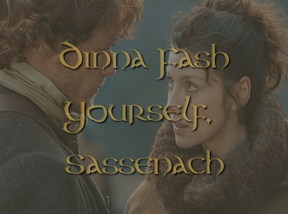 I'm not being selective when it comes to the displayed gifts for Dinna Fash Yourself, Sassenach. There's no editing on my part, other than clicking through the various categories on Zazzle and picking the most popular.
I'm not being selective when it comes to the displayed gifts for Dinna Fash Yourself, Sassenach. There's no editing on my part, other than clicking through the various categories on Zazzle and picking the most popular.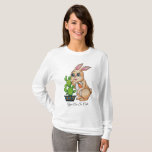
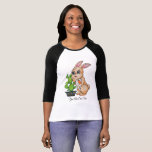
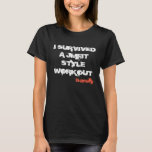
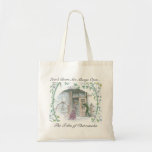
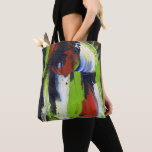
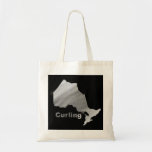








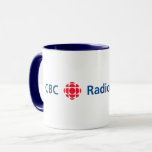
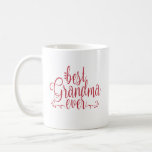
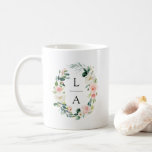






























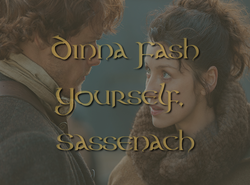

 St Tydecho's Churches in West Waleson 09/03/2014
St Tydecho's Churches in West Waleson 09/03/2014
 Goodies for an Outlander Premiere Partyon 03/06/2015
Goodies for an Outlander Premiere Partyon 03/06/2015
 Holocaust Memorial Day Interview with Rainer Höss, Grandson of Rudolf Architect of Auschwitzon 01/24/2015
Holocaust Memorial Day Interview with Rainer Höss, Grandson of Rudolf Architect of Auschwitzon 01/24/2015
 Romantic Valentine Gifts for an Outlander Fanon 01/16/2015
Romantic Valentine Gifts for an Outlander Fanon 01/16/2015

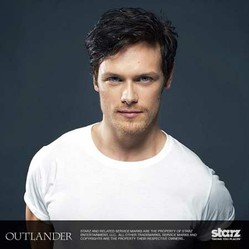
Comments
Yeah, 'dinna fash yersel' is a commonly used phrase in Scotland, though apparently less common than it used to be a couple of generations back.
I find it funny that this phrase is four different languages. Is it (or was it prior to the novels at least) a commonly used phrase among Scottish? I suppose without the sassenach bit at the end though, huh?